Advanced Temperature Sensing: Optimizing Sensor for Car Systems
Experience precision with DXM's advanced temperature sensing solutions, designed to optimize sensor for car systems. Our cutting-edge technology ensures accurate, reliable performance, enhancing safety and efficiency. As leaders in sensor innovation, DXM delivers superior temperature sensing tailored for today’s automotive needs. Discover how our expertise in sensors for cars can redefine your driving experience.
- Understanding Sensor for Car
- Types of Temperature Sensors Used in Cars
- Key Sensor for Car Applications and Crucial Temperature Sensing Roles
- Temperature Sensing in Safety Systems
- Role of Temperature Sensors for Cars in Vehicle Systems
- Sensors for Cars in Engine Management
- Climate Control Systems
- Sensor for Car in Battery Management for Electric Vehicles
- Integrating Sensors for Better Performance
- Advantages and Challenges of Automotive Temperature Sensors for Car
- Conclusion
- FAQs: Frequently Asked Questions about Sensor for Car
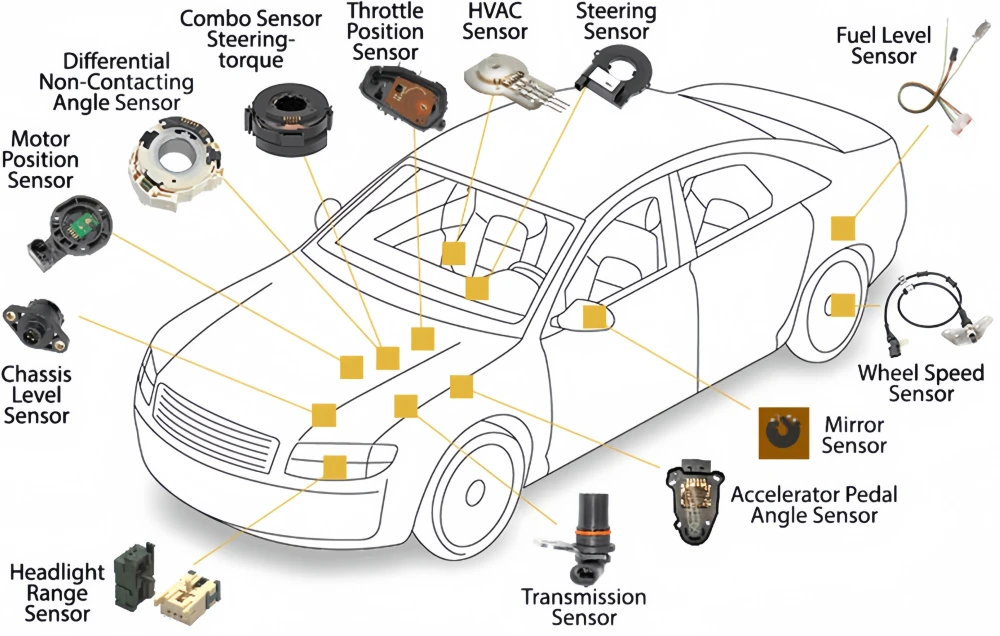
Sensor for car technologies are crucial for modern vehicles. They monitor systems to improve performance, safety, and comfort.Temperature sensing is especially vital for maintaining engine health and efficiency. These sensors for cars optimize fuel use and extend vehicle lifespan.Understanding sensor for car types helps professionals make informed decisions. Effective use of temperature sensing technologies enhances overall vehicle safety and reliability.
Understanding Sensor for Car
The role of a sensor for car systems has expanded significantly. Temperature sensing is crucial for ensuring safe operation of vehicle components.Advanced sensors for cars monitor the engine, cabin, battery, and more. This improves safety and enhances the driving experience. The importance of sensor for car systems cannot be understated, especially for efficiency and safety.
Whether managing fuel use or preventing wear, sensor for car boosts reliability and durability.Modern vehicles incorporate multiple sensors for cars for various functions. These sensors provide real-time data to the ECU. This allows precise adjustments to maintain performance.
Integrating multiple sensors for cars, including temperature sensing devices, enhances safety, reduces failures, and improves passenger comfort. These technologies ensure smooth operation in all conditions, making sensor for car systems indispensable.
Types of Temperature Sensors Used in Cars
1. Thermistors
Thermistors are a common sensor for car applications due to their accuracy and sensitivity. They change resistance with temperature variations, providing effective temperature sensing. Thermistors monitor the engine and climate systems in real-time, allowing the ECU to adjust key parameters. This prevents overheating and ensures engine longevity, making thermistors a critical sensor for car systems.
2. Resistance Temperature Detectors (RTDs)
RTDs provide precise and stable temperature sensing for sensitive car components like engine oil and transmission systems. They are reliable in harsh automotive environments, reducing component wear and improving vehicle performance. RTDs are an essential sensor for car systems requiring precision and long-term reliability.
3. Thermocouples
Thermocouples are ideal sensors for cars for measuring extreme temperatures, especially in exhaust systems. They help vehicles comply with emission standards by monitoring exhaust gas temperature. This temperature sensing ensures catalytic converter efficiency and reduces environmental impact. Thermocouples are key to controlling combustion and improving fuel efficiency, making them essential for sensor for car exhaust systems.
4. Infrared Sensors
Infrared sensors measure surface temperatures without contact. These sensors for cars monitor components non-invasively, enhancing safety and performance. In climate control, infrared sensors detect cabin temperature and adjust the air conditioning. This temperature sensing provides accurate, contactless data, benefiting difficult-to-access areas. Infrared sensors are a valuable sensor for car systems to maintain comfort effectively.
Key Sensor for Car Applications and Crucial Temperature Sensing Roles
The sensor for car systems are crucial for ensuring optimal performance, safety, and efficiency. Here are key sensors for cars applications, focusing on their roles, including temperature sensing.
Sensors for Cars Applications and Functions
| Sensor Type | Function |
| Mass Airflow Sensor (MAF) | Measures air volume entering the engine. Ensures optimal air-fuel mixture. Malfunctions can increase fuel use. |
| Engine Speed Sensor | Monitors crankshaft speed. Helps ECU manage engine timing for smooth performance. |
| Coolant Temperature Sensor for Car | Detects coolant temperature to prevent overheating. Adjusts engine parameters for efficiency. |
| Oxygen Sensor | Measures exhaust oxygen levels. Regulates fuel injection and emissions control. |
| Manifold Absolute Pressure (MAP) Sensor | Measures intake manifold pressure. Adjusts fuel delivery to maintain efficiency. |
| Throttle Position Sensor | Tracks throttle valve position. Provides data for air-fuel adjustments. |
| Wheel Speed Sensor | Monitors wheel speeds. Critical for ABS and traction control. |
| Fuel Temperature Sensors for Cars | Measures fuel temperature. Ensures efficient combustion through precise temperature sensing. |
| Rain Sensor for Car | Detects windshield moisture. Activates wipers automatically for better visibility. |
| Blind Spot Sensor | Uses radar or ultrasonic technology. Alerts drivers to nearby vehicles for safe lane changes. |
Temperature Sensing in Safety Systems
Temperature sensor for car plays a vital role in enhancing safety. It is crucial for ADAS to monitor brake systems. Temperature sensing prevents brake pad overheating, which is vital for braking efficiency. These sensors provide real-time data to the ECU, ensuring the braking system's safe operation.
Temperature sensing is also used in airbag deployment systems. Sensors for cars monitor temperatures of key airbag components to ensure functionality. This helps determine the proper timing for deployment, enhancing passenger safety during collisions.
In electric vehicles, temperature sensors monitor power electronics like inverters. They help prevent overheating by activating cooling systems, ensuring reliability and performance. Choosing the right sensor for car power systems is crucial to maintaining safety and preventing component failure.
Role of Temperature Sensors for Cars in Vehicle Systems
Sensors for Cars in Engine Management
Temperature sensors for cars are crucial in managing the engine's temperature to prevent overheating. They provide real-time feedback to the Electronic Control Unit (ECU), allowing them to adjust the fuel-air mixture for efficiency. Accurate temperature sensing is essential for maintaining the correct combustion process, which helps reduce emissions and improves fuel economy. Sensors for cars that monitor engine temperature also play an important role in ensuring that engines do not overheat, which could lead to severe damage and costly repairs. Effective sensor for car engine management systems are therefore indispensable.
Climate Control Systems
Car temperature sensors also play a key role in maintaining comfortable cabin environments by monitoring and adjusting the heating and air conditioning systems. The sensor for car systems used in climate control provide data that allows the ECU to make precise adjustments to the air conditioning and heating units, ensuring that the cabin temperature remains comfortable regardless of external conditions. This kind of advanced temperature sensing not only improves passenger comfort but also contributes to the energy efficiency of the vehicle, reducing unnecessary power consumption. The right sensors for cars climate systems ensures both comfort and efficiency.
Sensor for Car in Battery Management for Electric Vehicles
In electric vehicles (EVs), temperature sensors for cars monitor the battery packs to ensure they operate within safe limits, enhancing battery life and overall vehicle performance. Battery management is a critical aspect of EVs, and effective temperature sensing helps avoid overheating and ensures that batteries remain within optimal temperatures. This improves not only the safety of the vehicle but also the overall efficiency of the battery charging and discharging cycles. Sensors for cars that are specifically designed for battery management are essential for maintaining the reliability and longevity of electric vehicle batteries. The proper sensor for car battery systems can significantly enhance EV performance.
Integrating Sensors for Better Performance
Proper integration of temperature sensors ensures better functionality and reliability of the vehicle. It is essential to place sensors in areas where they can provide the most accurate data for managing the engine, battery, and climate systems. For optimal performance, these sensor for car must be well-calibrated and durable enough to withstand harsh automotive environments. Sensors for cars need to be strategically positioned to capture accurate readings that can then be used by the ECU to optimize performance. Whether monitoring engine temperature, cabin climate, or exhaust gases, the right temperature sensing technology can make all the difference in enhancing safety and efficiency.
One of the primary considerations when integrating sensors is compatibility. Different temperature sensing technologies are suited for different parts of the vehicle. For example, thermocouples are ideal for high-temperature zones like exhaust systems, while RTDs are better suited for areas requiring high precision, such as engine oil and transmission systems. Effective integration requires an understanding of these different technologies and their appropriate applications in automotive systems. Choosing the right sensor for car systems is key to ensuring optimal performance and reliability across all vehicle functions.
Advantages and Challenges of Automotive Temperature Sensors for Car
While temperature sensors provide numerous benefits, including efficient engine performance and increased safety, there are challenges related to calibration, durability, and resistance to interference. In automotive environments, sensors for cars are often exposed to high temperatures, vibrations, and electromagnetic interference, all of which can impact their accuracy. It is important to choose reliable sensors that are capable of withstanding challenging conditions typical in automotive settings. Proper calibration is also essential to ensure that the data provided by the sensors is accurate and useful for decision-making by the ECU. The right sensor for car systems must be robust enough to provide consistent and reliable temperature sensing.
Another challenge in temperature sensing is maintaining sensor integrity over time. Automotive components are subjected to a wide range of environmental conditions, from extreme heat to freezing temperatures. Ensuring that sensors remain accurate throughout the lifespan of the vehicle requires robust design and high-quality materials. The right sensor for car applications must therefore be resilient and capable of performing consistently under adverse conditions.
Despite these challenges, the advantages of using advanced temperature sensors are significant. These sensors contribute to better fuel efficiency, improved vehicle safety, and extended component lifespan. By providing precise temperature data, sensors allow for better control over various vehicle systems, reducing the risk of failure and enhancing the overall driving experience. For automotive professionals, understanding how to effectively utilize sensor for car is critical to optimizing vehicle performance and meeting customer expectations.
Conclusion
Temperature sensor for car is essential components in maintaining optimal performance, safety, and efficiency. By precisely monitoring different car components, these sensors for cars ensure the smooth functioning of the vehicle, extending its lifespan and improving fuel efficiency. The integration of advanced temperature sensing technologies not only enhances performance but also contributes to the overall safety of the vehicle. For professionals in the automotive sector, understanding and leveraging the benefits of sensor for car technology is key to achieving a balance of innovation, reliability, and customer satisfaction. By investing in high-quality sensors for cars and keeping up with advancements in temperature sensing technology, automotive experts can stay ahead of the competition and ensure that their vehicles offer the best possible driving experience.
FAQs: Frequently Asked Questions about Sensor for Car
1. Why are temperature sensors for cars important in modern vehicles?
Temperature sensors for cars are vital for monitoring engine temperature, preventing overheating, ensuring optimal fuel consumption, and maintaining a comfortable cabin environment. These sensors for cars play a key role in enhancing overall safety and efficiency by providing real-time data for various vehicle systems.
2. What should be considered when choosing a temperature sensor for a car?
Consider factors such as the sensor's accuracy, temperature range, durability, and compatibility with the vehicle system. It is essential to choose sensors for cars that can withstand harsh automotive conditions and provide reliable temperature sensing data under all operating conditions.
3. How do temperature sensors for cars improve electric vehicle battery management?
Temperature sensors for cars in electric vehicles monitor battery pack temperatures, ensuring they remain within safe limits. This helps prolong battery life and prevents overheating, contributing to enhanced vehicle performance and safety.
4. What role do thermocouples play in vehicle exhaust systems?
Thermocouples measure high temperatures in exhaust systems to help ensure emission controls are effective and meet environmental regulations. Effective temperature sensing in the exhaust system is essential for minimizing emissions and maintaining compliance with regulatory standards. The right sensor for car exhaust systems is crucial for ensuring emissions are effectively controlled.
Experience precision with DXM's advanced temperature sensing solutions, designed to optimize sensor for car systems. Our cutting-edge technology ensures accurate, reliable performance, enhancing safety and efficiency. As leaders in sensor innovation, DXM delivers superior temperature sensing tailored for today’s automotive needs. Discover how our expertise in sensors for cars can redefine your driving experience.
© 2024 DXM Blog. All rights reserved.
Author: Ivan Huang
Recommended for you
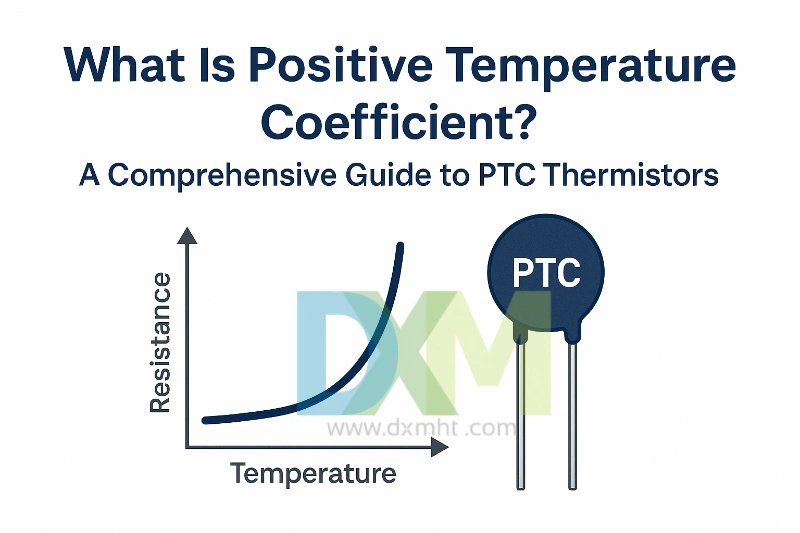
What Is Positive Temperature Coefficient? Expert Guide on PTC Thermistors
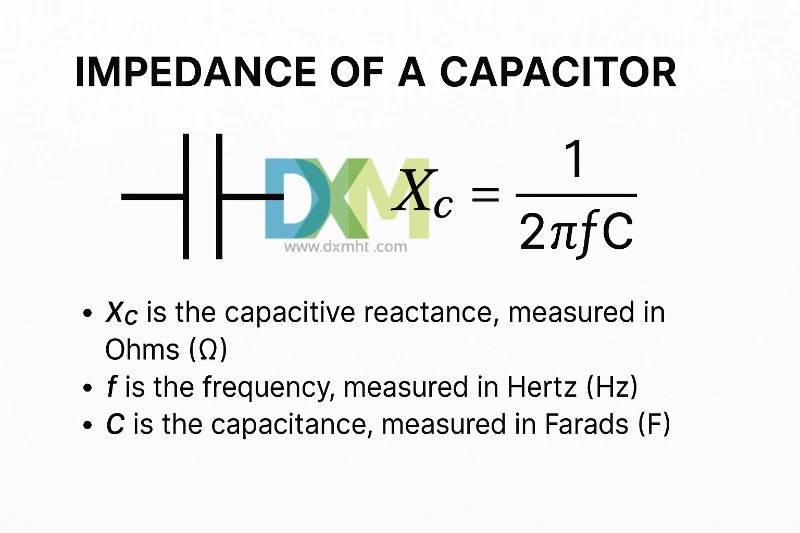
How to Find Impedance of a Capacitor: Guide for Professionals
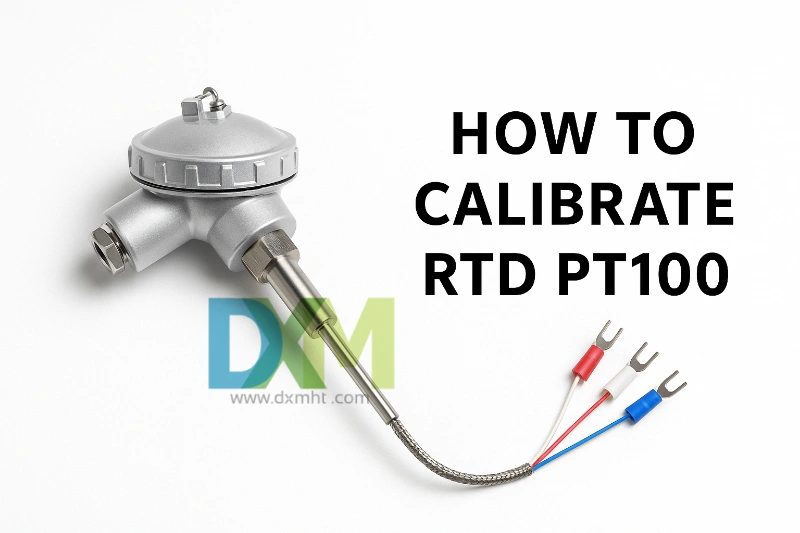
how to calibrate rtd pt100?

Capacitor 104 Value: Essential Guide for Electronics Professionals

Positive Temperature Coefficient Heater: An Essential Guide of PTC Heater
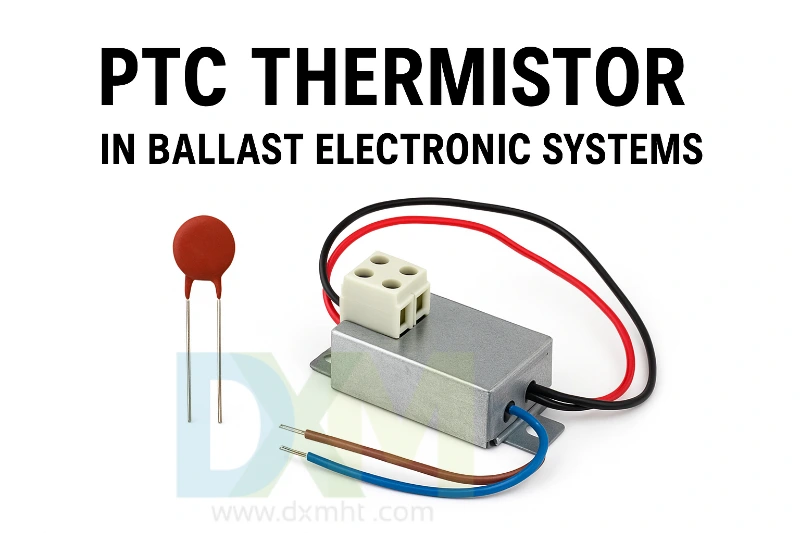
What is an Electronic Ballast PTC Thermistor? Insights from DXM.
Customized Services
Custom-made sample/order
SHENZHEN DXM TECHNOLOGY CO., LTD. are structured by high-tech talents from famous university
in China and accompanied with a batch of ceramic-sensitive components experts and technology
specialist, have powerful R&D and technology capabilities.DXM is one of a few manufacturers
master core production technology of ceramic-sensitive components in the world.
Samples and orders can be custom-made per customer’s requirements, as below:
1. Application environment of product
2. Required specifications or technical parameters
3. Reference sample
4. Reference drawing
Can I customize (OEM) the product?
Yes. You can customize the product with DXM. Our R&D and production technology have already reached an advanced world level, and we can provide qualified OEM service for global customers.Please specify your requirements to our representative or send samples to our factory office, and we will confirm your details.
Logistics
Is your logistics and distribution service reliable?
Yes, we cooperate with a number of well-known logistics companies to ensure the timeliness and reliability of logistics and distribution services and provide you with a satisfactory distribution experience.
Does your product support global logistics and distribution?
Yes, our products support global logistics and distribution services, and you can receive our products anytime and anywhere.
Price and Payment
Do you offer bulk purchase discounts?
Yes, we offer bulk purchase discounts; the specific discount rate depends on the order quantity and cooperation method.
You may also like

KTY83-110 Sensor with Silicon Glass Thermistor

Bracket Type NTC Thermal Sensor MF52X for Precise Temperature Measurement
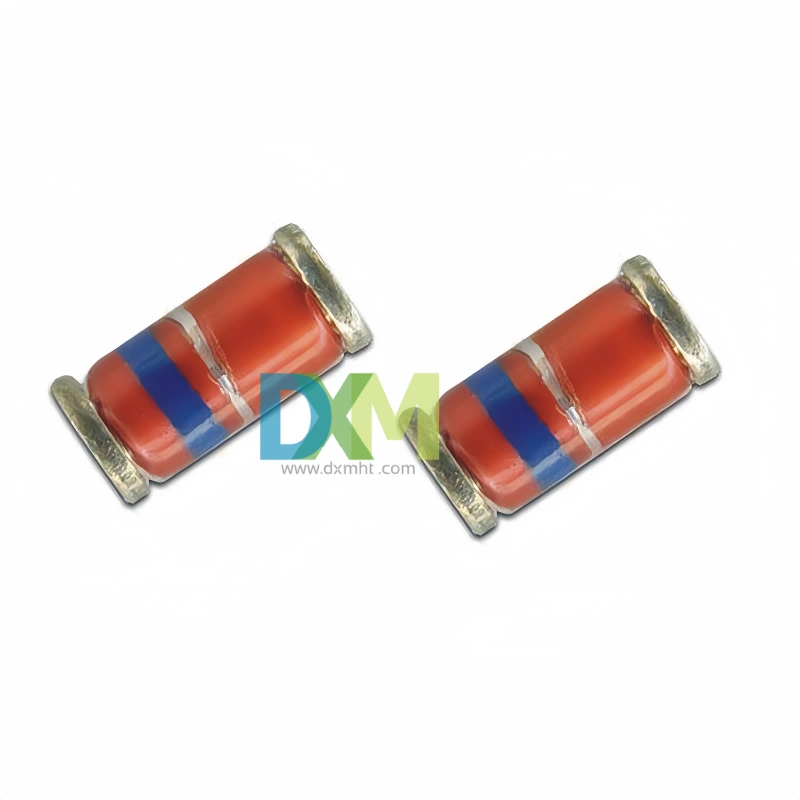
Glass Thermistors MF58E for High-Precision Applications
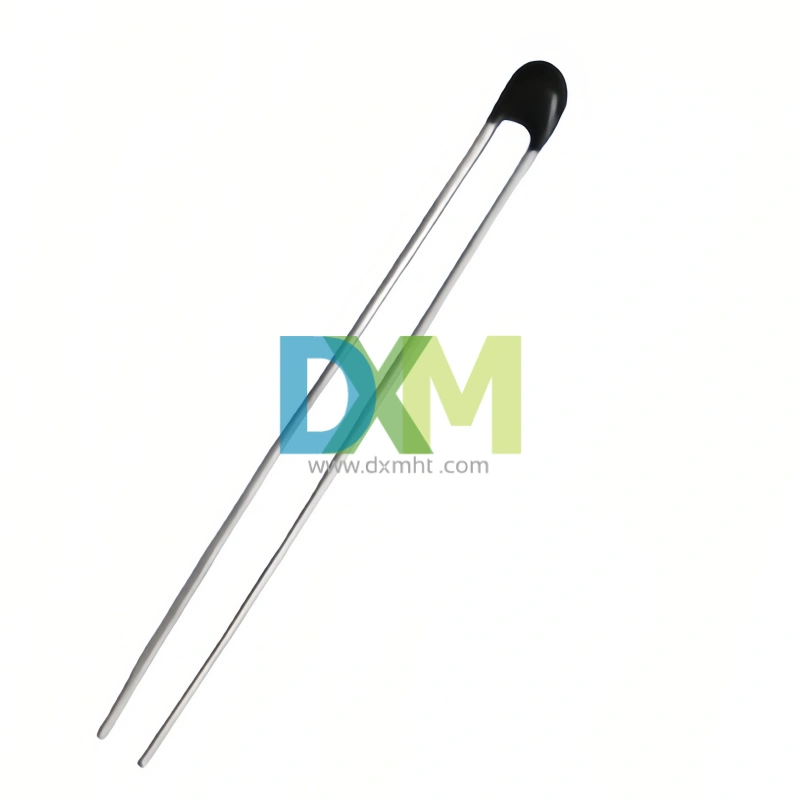
High Precise NTC Sensors for Temperature Measurement and Control
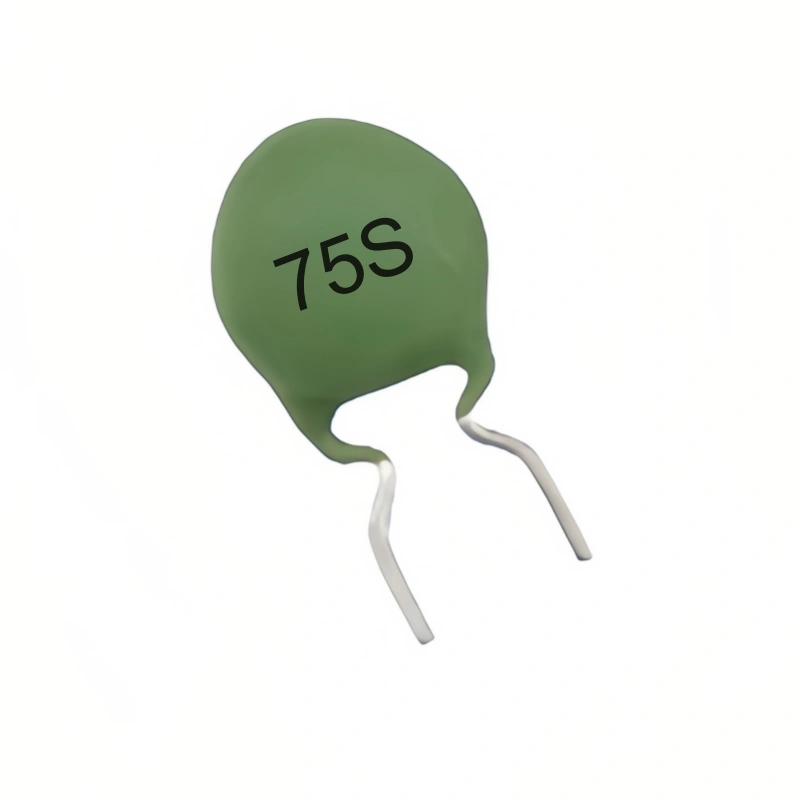
WMZ12A 75S PTC Thermistors for Over-Current and Over-Load Protection
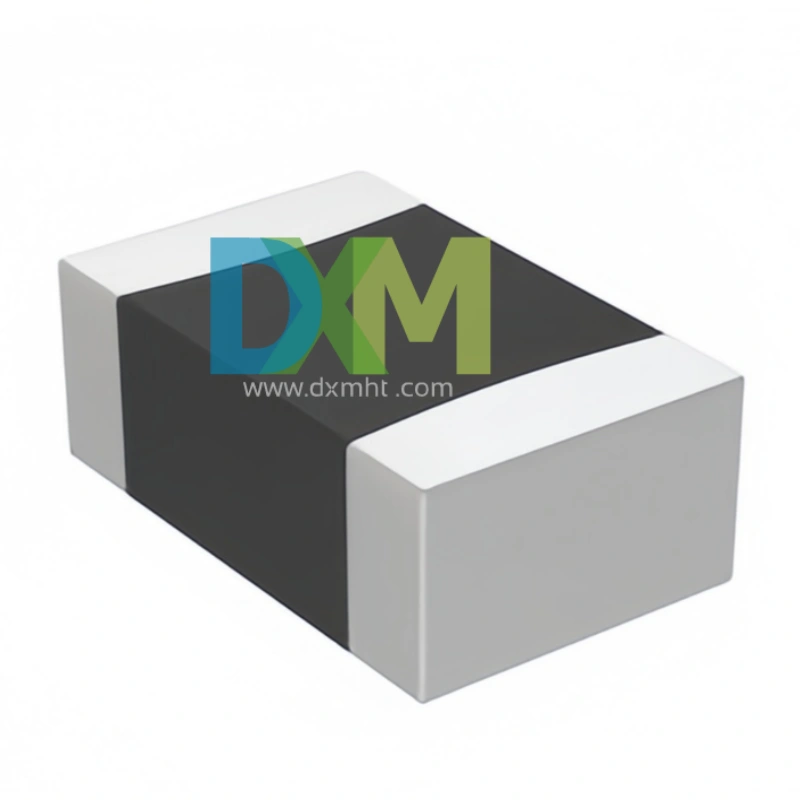
SMD Sensors: Advanced Temperature Sensing Excellence
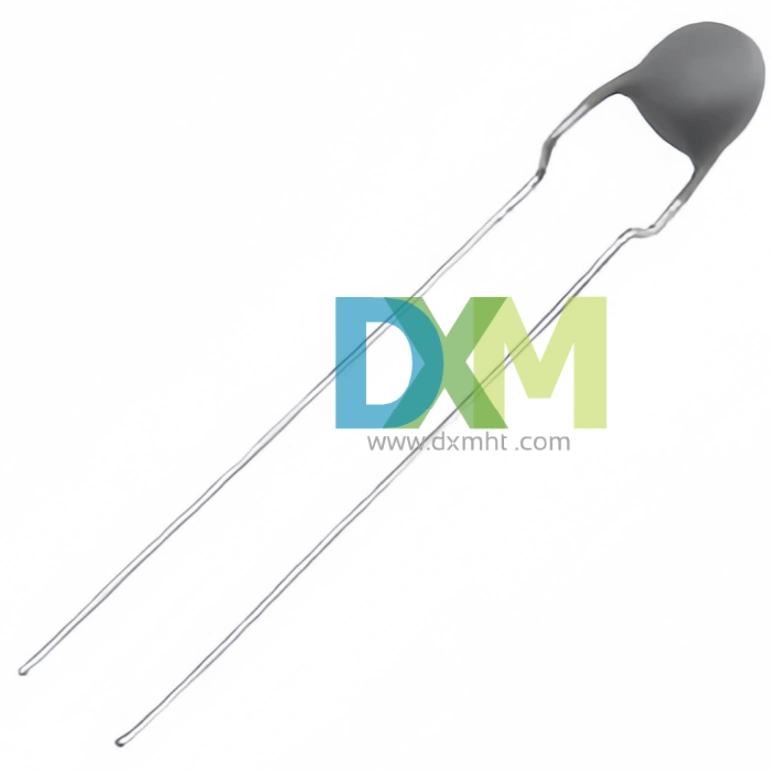
Thermistor PTC MZ11 Series for Light Efficient Design
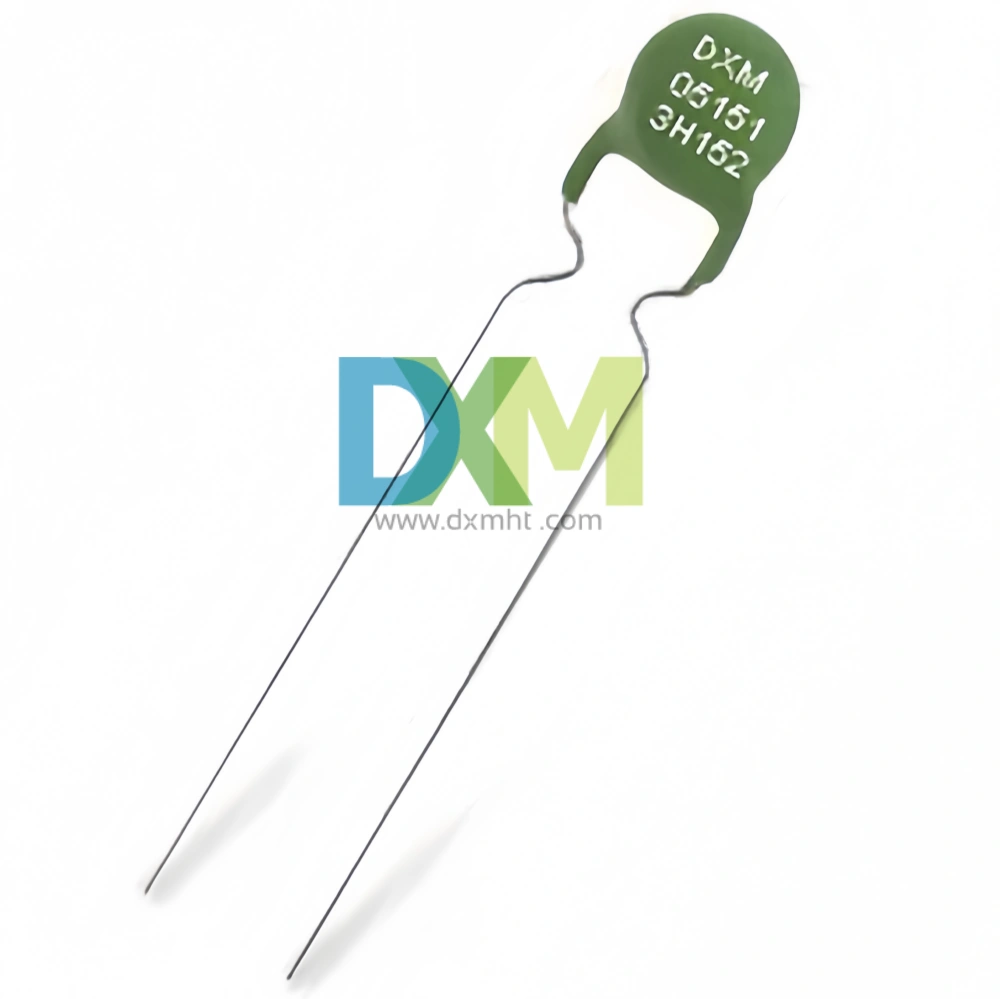
PTC Thermistors for Ballast Electronic and Energy Saving Lighting Intelligent Preheat Start MZ12 | DXM
Get in Touch
Discover premium thermistors, sensors, and resistors tailored to your needs.Our dedicated team of experts is available to assist with product selection, technical queries, and after-sales service. Contact us for custom solutions and experience exceptional customer support.
© 2025 DXM | All Rights Reserved.

 Scan QR Code
Scan QR Code
Scan QR Code
Whatsapp: +8618927361658
Shenzhen DXM Technology Co., Ltd.
DXM PTCNTC
Shenzhen DXM Technology Co., Ltd